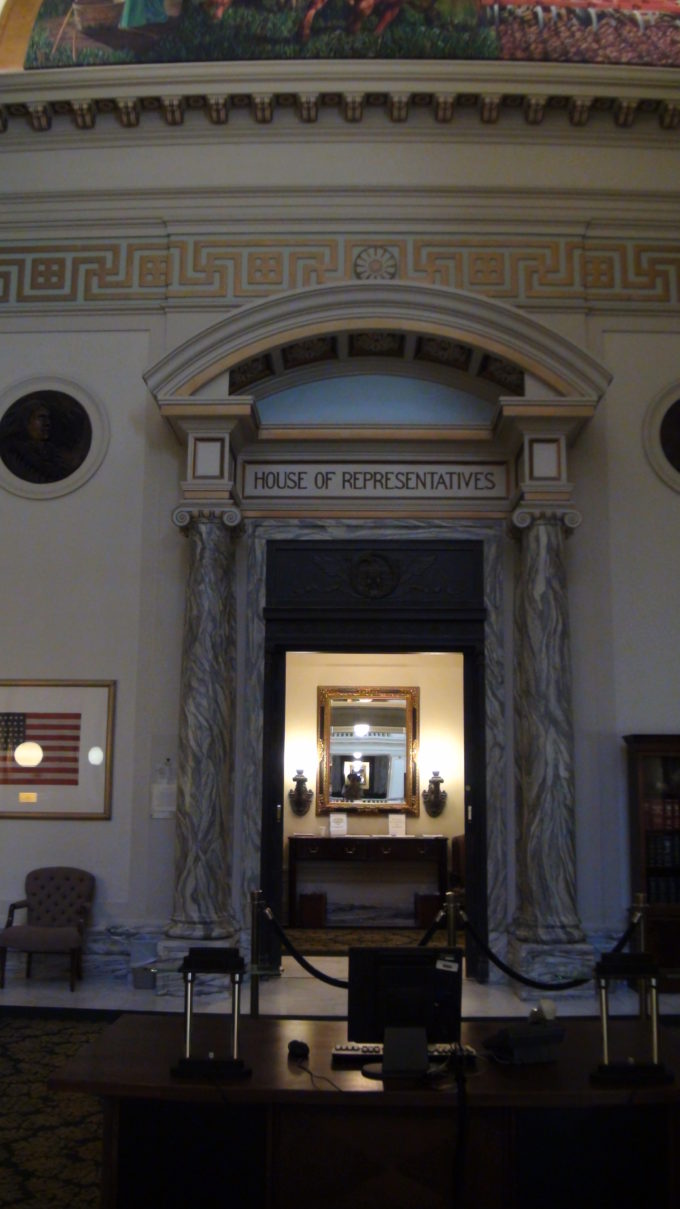
Sunday, 5 April 2020
Who is a liar but he who denies that Jesus is the Christ? He is antichrist who denies the Father and the Son. 1 John 2:22
In the previous verse, John stated, “no lie is of the truth.” Now, moving from that abstract thought, he makes a concrete example, forming his words into an interrogative – “Who is a liar…?” The Greek reads, “Who is the liar…?” Such a person is definitively identified by John in his question, “Who is a liar but he who denies that Jesus is the Christ?” It is his way of emphasizing the matter. A denial of Jesus being the Messiah, meaning the Christ, is that which defines the antichrist.
John emphatically states this using a definite article in the Greek, literally: “the denying.” It is a present participle. A person who habitually denies that Jesus is the Christ. Such a person is stated by John to be the antichrist, because he is denying the fundamental nature of who Jesus is and what that title signifies.
However, he then further defines this. The reason he does so is because of what being “Christ” involves. Anyone can, and indeed many do, call Jesus the Christ. Jehovah’s Witnesses and Mormons both make the claim, but what they (and many others) mean when they say “Christ” is completely different than what Scripture testifies to.
And so, to dispel any confusion concerning the nature of the Christ, John next says, “He is antichrist…” Again, there is an article in front of “antichrist.” It reads, “He is the antichrist.” That is followed with another article and a present participle, “the denying.” Therefore, the sentence from the Greek more literally reads, “He is the antichrist, the (one) denying the Father and the Son.”
It is the Father/Son relationship which defines “Christ.” Someone can say that Jesus is the Christ and have a completely different view of what “Christ” means. As noted, some are the Jehovah’s Witnesses. They claim that Jesus is a created being. To them, the Father/Son relationship is not in actual begetting, but is rather a positional title, such as when Paul calls Timothy his “son” in the faith.
But this is not what Scripture testifies to. Scripture testifies that Jesus is born of God, and thus He is the incarnate Word of God – fully God and yet fully Man. A denial of this is a sign of the antichrist. Of this matter, Albert Barnes rightly states, “No man can have just views of God the Father who has not right apprehensions of the Son. As a matter of fact in the world, people have right apprehensions of God only when they have correct views of the character of the Lord Jesus Christ.”
To know the Father, one must know the Son. Without knowing the Son, who reveals the unseen Father, one cannot know the Father. To claim to know the Father without acknowledging the Son is a lie. John has concretely stated this, following on from the words of Christ Jesus Himself –
“If you had known Me, you would have known My Father also; and from now on you know Him and have seen Him.”
8 Philip said to Him, “Lord, show us the Father, and it is sufficient for us.”
9 Jesus said to him, “Have I been with you so long, and yet you have not known Me, Philip?” John 14:7-9
Life application: John has talked of the different stages of believers – children, young men, and fathers. He then proceeded to state that it was the last hour because “many antichrists have come.” After this, he spoke of the anointing of the Holy One because “you know all things.” Everything he has been saying has been built upon the fact that Jesus is the Son of God and that any teaching contrary to this – even if the term “Son of God” is used – is the antichrist.
Gnostic heretics at the time of John claimed that Jesus was only a man who was indwelt by the spirit of Christ until the time of the crucifixion. This or any other attempt to diminish Jesus as the God/Man is in effect attempting to nullify the entire purpose and meaning of the writings of the New Testament. In turn, this diminishes the entire point of the Old Testament writings which lead up to the coming Christ – God incarnate.
One must ask the all-important question – “Is Jesus Christ fully God and at the same time fully Man?” If that question cannot be answered with an emphatic “Yes,” then that person has not called on Jesus as “Lord,” meaning God. He is still under the influence of Satan and remains in the body, not of Christ, but of the antichrist. According to John (and the rest of Scripture), it is that simple.
This same truth follows through with any of the other major points of doctrine – the Virgin Birth and the bodily resurrection of Jesus, for example. This might seem harsh, but it is given us by the apostle’s own hand under the inspiration of the Holy Spirit. God’s word is what matters, and it will hold up under the scrutiny of time and under the attacks of the devil. Who is Jesus Christ? It is the most important question you can ever answer and one which holds eternal consequences for all peoples of the world.
Lord God, Your word calls us to state where we stand on the Person of Jesus Christ when we receive the good news of the gospel. He is God incarnate – fully God and fully Man. He was born of a virgin, and His work fulfilled that of the promised Messiah of the Old Testament. We proclaim what the Bible proclaims, and because we have known Jesus, we also have known the Father. We proclaim Jesus as Lord! Amen.




